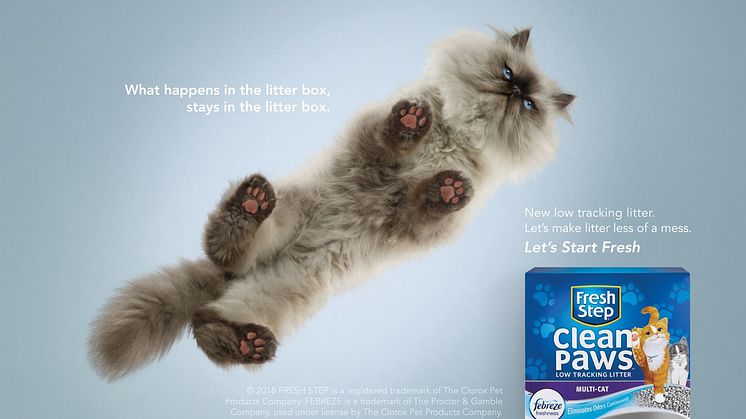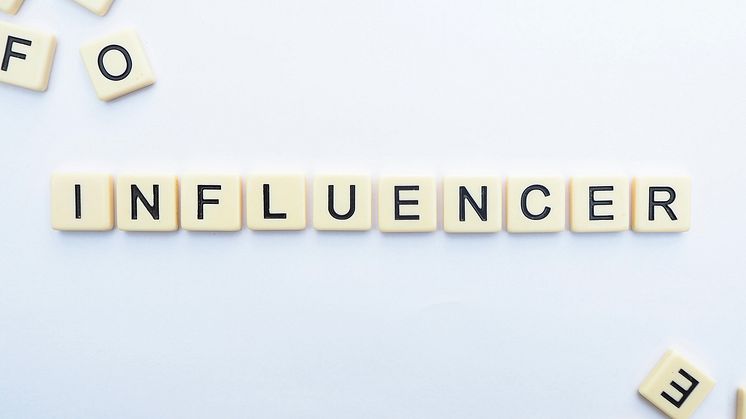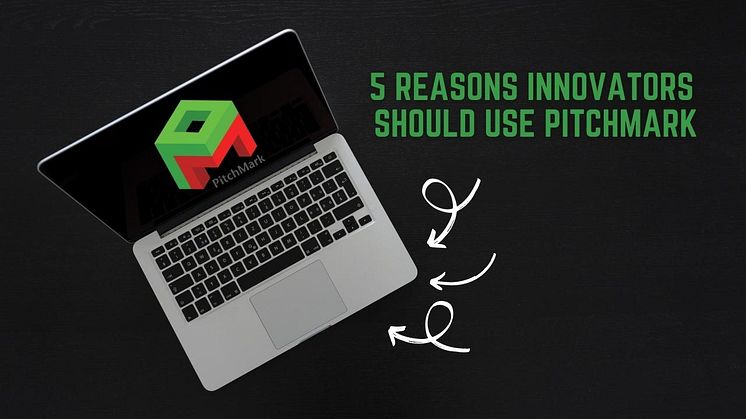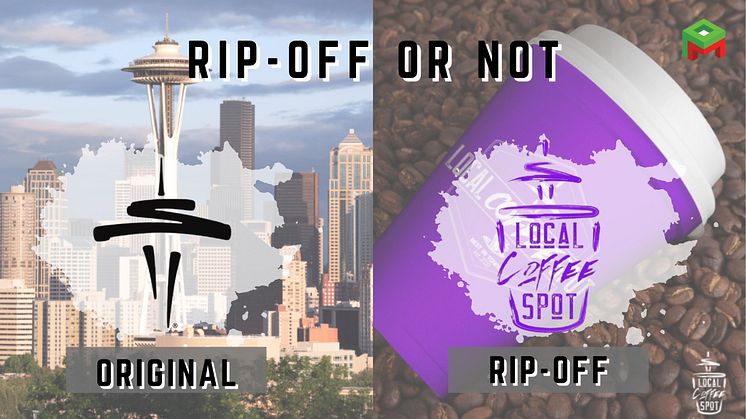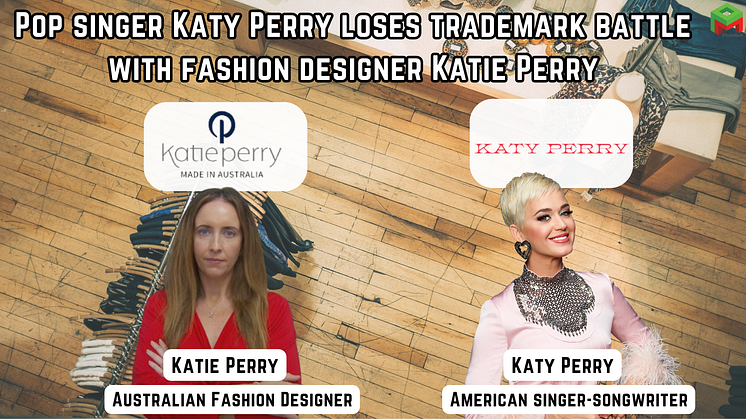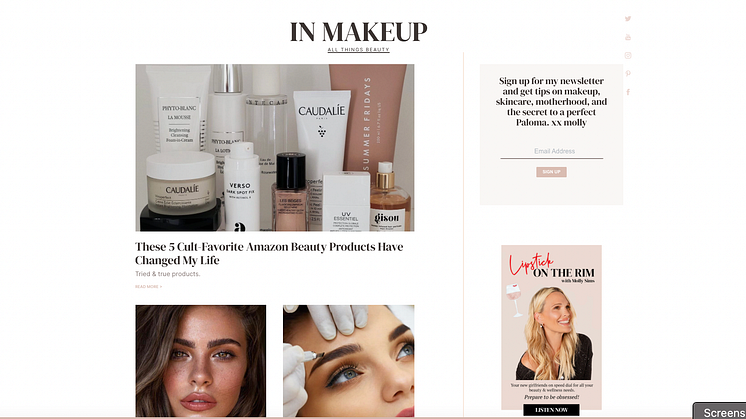
News -
Are influencers at risk if their client violates trademarks?
Are influencers at risk if the products that they create sponsored posts for infringe upon trademarks? A recent case suggests that this may become an increasing possibility.
Molly Sims, a model and influencer, has become entangled in a trademark infringement lawsuit, with a court refusing to dismiss her because she allegedly caused consumer confusion about an eyebrow product.
What happened
Petunia Products Inc, an international cosmetics company, owns the BROW BOOST trademark, which it uses in connection with its “Billion Dollar Brows” eyebrow primer and conditioner product.
In mid-2020, Rodan and Fields LLC, a multi-level marketing company and competitor of Petunia, began selling a product called “Brow Defining Boost”, which performs a similar function as Petunia’s product.
Rodan and Fields also illegally utilises the trademark on Brow Boost’s packaging and marketing, by using Google’s AdWords service to bid on search terms that use this trademark. As a result, customers who search for “Brow Boost” on Google are directed to hyperlinks for the infringing product.
Petunia also alleges that Rodan and Fields uses influencers to market the former’s infringing product. Sims, who promotes various cosmetic products on her own website, authored a blog post in which she promoted the infringing product and provided a link to its website.
What this means for influencers
Whatever the outcome, this case might spur similar suits against influencers in the future. After all, influencers have become an increasingly bigger source of advertising content, and may be easier to target relative to companies selling products that allegedly infringe upon copyright.
Influencers should be aware of this possibility when making sponsorship deals with brands, and make changes to the way they structure these deals. Some things they can do to protect themselves include hammering out a contract that addresses such issues clearly.

